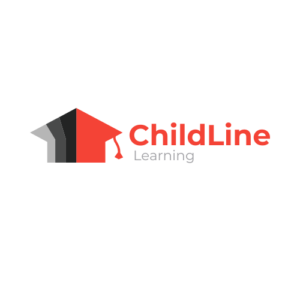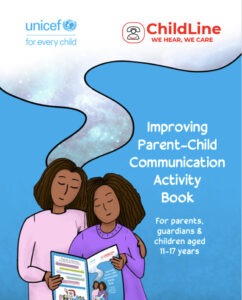[et_pb_section fb_built=”1″ _builder_version=”4.4.3″ custom_padding=”10px|20px|10px|20px|false|true” da_disable_devices=”off|off|off” da_is_popup=”off” da_exit_intent=”off” da_has_close=”on” da_alt_close=”off” da_dark_close=”off” da_not_modal=”on” da_is_singular=”off” da_with_loader=”off” da_has_shadow=”on”][et_pb_row _builder_version=”4.4.1″ custom_padding=”|20px||20px|false|true”][et_pb_column type=”4_4″ _builder_version=”4.3.4″][et_pb_text _builder_version=”4.4.6″ header_3_font=”|600|||||||” header_3_text_align=”center” header_3_text_color=”#0C71C3″ header_3_font_size=”25px”]
How to Talk to Children about Difficult Topics
One of the toughest jobs of being a parent or guardian is talking to your child about difficult issues. It can seem almost impossible to put into words the really big issues, such as domestic violence, divorce, drugs, and other weighty topics. But in the age of cell phone notifications, live streaming videos, and 24-hour news coverage — when even primary school-aged children are exposed to serious stories daily — it is important to face this challenge head-on. Addressing the tough issues makes your children feel safer, strengthens your bond, and teaches them about the world.
[/et_pb_text][/et_pb_column][/et_pb_row][et_pb_row _builder_version=”4.4.4″][et_pb_column type=”4_4″ _builder_version=”4.4.4″][et_pb_blurb title=”Important” use_icon=”on” font_icon=”%%101%%” icon_color=”#E02B20″ _builder_version=”4.4.6″ header_text_align=”center” header_text_color=”#0C71C3″ body_text_align=”center” animation=”off”]
You can register for as many days/ topics as you are able to.
[/et_pb_blurb][/et_pb_column][/et_pb_row][et_pb_row _builder_version=”4.4.3″][et_pb_column type=”4_4″ _builder_version=”4.4.3″][et_pb_text _builder_version=”4.4.6″ header_3_text_color=”#0C71C3″]
Requirements
1) 18 years or older.
2) A genuine commitment to improving communication with children and young adults
[/et_pb_text][/et_pb_column][/et_pb_row][et_pb_row _builder_version=”4.4.3″][et_pb_column type=”4_4″ _builder_version=”4.4.3″][et_pb_text _builder_version=”4.4.6″ header_3_text_color=”#0C71C3″]
What you’ll learn
This web series aims to equip participants with information and guidance for communicating difficult or uncomfortable topics with children and young persons
[/et_pb_text][et_pb_text _builder_version=”4.4.6″ header_3_text_color=”#0C71C3″]
Dates and topics
Tuesday 19th May 2020– Respect and Manners, Bullying, Crime and Violence
Wednesday 20th May 2020– Good Touch Bad Touch, Sexual Abuse, Sex/Sexuality
Thursday 21st May 2020– Sexually Transmitted Infections, Domestic Violence, Depression and Anxiety
Friday 22nd May 2020– Drugs/Substance Abuse, Divorce and Separation, Death, Dying and Sickness.
[/et_pb_text][/et_pb_column][/et_pb_row][/et_pb_section][et_pb_section fb_built=”1″ _builder_version=”4.4.6″ background_color=”rgba(255,255,255,0.76)” background_image=”https://childlinett.org/storage/2020/03/helloquence-5fNmWej4tAA.jpg” background_blend=”overlay” module_alignment=”center” hover_enabled=”0″ da_disable_devices=”off|off|off” da_is_popup=”off” da_exit_intent=”off” da_has_close=”on” da_alt_close=”off” da_dark_close=”off” da_not_modal=”on” da_is_singular=”off” da_with_loader=”off” da_has_shadow=”on”][et_pb_row _builder_version=”4.4.3″][et_pb_column type=”4_4″ _builder_version=”4.4.3″][et_pb_code _builder_version=”4.4.3″ module_alignment=”center”][/et_pb_code][dsm_caldera_forms _builder_version=”4.4.6″ cf_library=”CF5ebc148cb1532″ show_validation=”on” hover_enabled=”0″][/dsm_caldera_forms][/et_pb_column][/et_pb_row][/et_pb_section]







